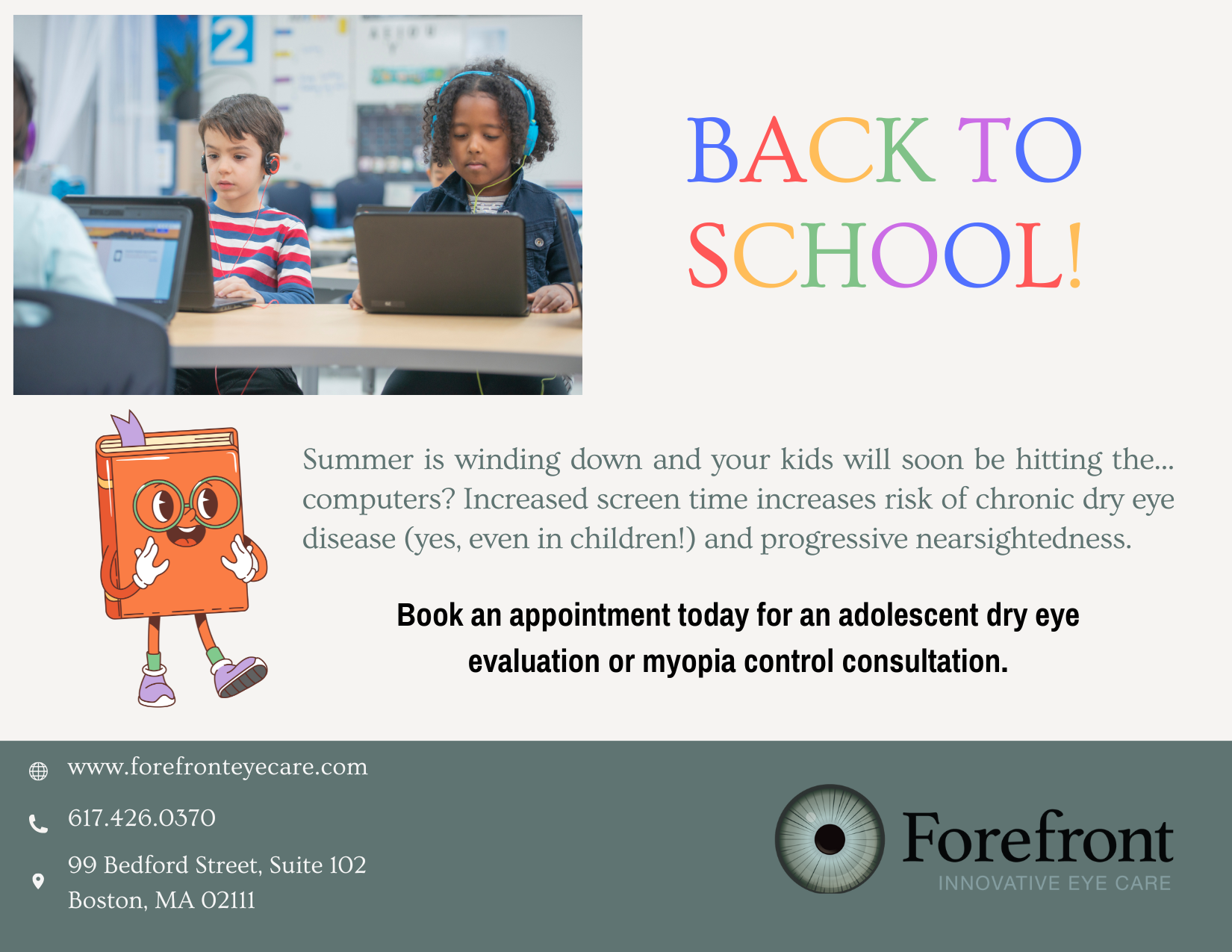
Comprehensive eye care is a holistic approach to maintaining and improving your visual health. It encompasses a wide range of services, from routine eye exams to specialized treatments for complex vision problems. By addressing your unique eye care needs through a comprehensive approach, you can ensure that your vision is not only corrected but also protected and enhanced.
What Does Comprehensive Eye Care Encompass?
Comprehensive eye care includes the following key components:
- Eye Exams: Thorough eye exams are the foundation of comprehensive eye care. These involve a thorough evaluation of the lids, front and back of your eye, as well as an eye muscle examination to check for abnormalities.
- Vision Correction: This component of care addresses your vision correction needs, whether that's through eyeglasses, contact lenses, or other vision correction options.
- Disease Management: Comprehensive eye care includes the diagnosis, management, and treatment of various eye diseases and conditions, such as cataracts, glaucoma, and macular degeneration. Referrals to, and co-management with, sub-specialists or surgeons when needed are part of disease management.
- Preventive Care: Holistic approaches to eye care emphasizes preventive measures to maintain eye health, such as regular screenings, lifestyle recommendations, and early intervention for any emerging issues.
- Specialty Services: Comprehensive eye care may also include specialty services, such as dry eye treatments, pediatric eye care, low vision rehabilitation, specialty contact lenses or myopia management.
The Importance of Comprehensive Eye Exams
Comprehensive eye exams form the cornerstone of eye care. These exams go beyond just checking your visual acuity; they provide a comprehensive assessment of your overall eye health. During a comprehensive eye exam, your eye care provider will:
- Evaluate your visual acuity and refraction to determine the appropriate vision correction needs
- Assess the health and function of your eyes, including the cornea, lens, retina, and optic nerve
- Check for the presence of eye diseases or conditions, such as glaucoma, cataracts, and macular degeneration
- Identify any underlying medical conditions that may be affecting your eye health
- Provide personalized recommendations for vision correction, eye health maintenance, and any necessary treatments
Regular comprehensive eye exams are crucial for maintaining healthy vision and addressing any vision correction needs you may have. By catching potential problems early, your optometrist can develop a proactive plan to preserve and protect your eyesight.
Common Vision Problems and Their Correction Options
Vision problems can take many forms, ranging from refractive errors like nearsightedness (myopia) and farsightedness (hyperopia) to more complex conditions like astigmatism and presbyopia or double vision. A comprehensive eye care approach will personalize a vision correction plan to meet your needs.
Contact lenses are a popular choice for vision correction, offering a discreet and convenient alternative to eyeglasses. Comprehensive eye care providers can help you find the right contact lens solution for your specific needs, taking into account factors such as:
- Your prescription and vision correction requirements
- Your lifestyle and activity level
- Your eye health and any existing conditions
- Your personal preferences and comfort level with contact lens wear
From traditional soft contact lenses to specialized options like multifocal and astigmatic lenses, comprehensive eye care can help you explore the full range of contact lens possibilities to achieve optimal vision correction.
Eyeglasses remain a trusted and versatile option for vision correction. Comprehensive eye care providers collaborate with licensed opticians to help you select the right frames and spectacle lenses to meet your visual needs and personal style preferences. Factors to consider when choosing eyeglasses include:
- Your prescription and vision correction requirements
- The type of lenses, such as single vision, bifocal, or progressive
- The design and material of the lens
- Coatings and treatments, like anti-reflective, blue blocker, or scratch-resistant options
- Frame materials, styles, and appropriate fit for your facial features.
By taking a comprehensive approach, your eye care provider can help you find the perfect pair of eyeglasses that not only corrects your vision but also complements your face and lifestyle.
Book Your Comprehensive Eye Exam with Forefront Eye Care Today
Comprehensive eye care is the key to addressing your vision correction needs and maintaining healthy vision. By taking a holistic approach that encompasses vision assessment, correction, and overall eye health management, your doctor can help you achieve optimal visual performance and long-term eye wellness.
At Forefront Eye Care, we are dedicated to providing comprehensive services tailored to your unique vision needs. From routine eye exams to specialized vision correction solutions, we are committed to helping you see your best and maintain healthy eyes for life. Visit our office in Boston, Massachusetts, or call (617) 322-0534 to schedule your comprehensive eye exam and start your journey towards clearer, more comfortable vision.










